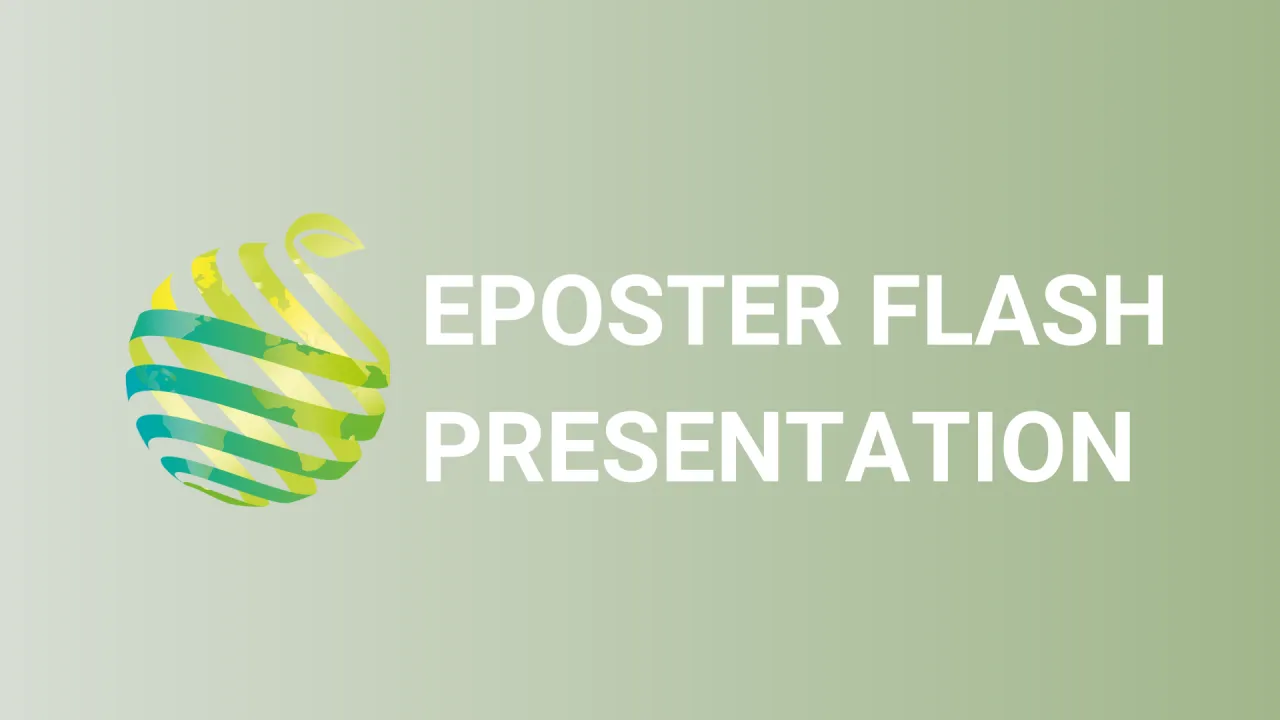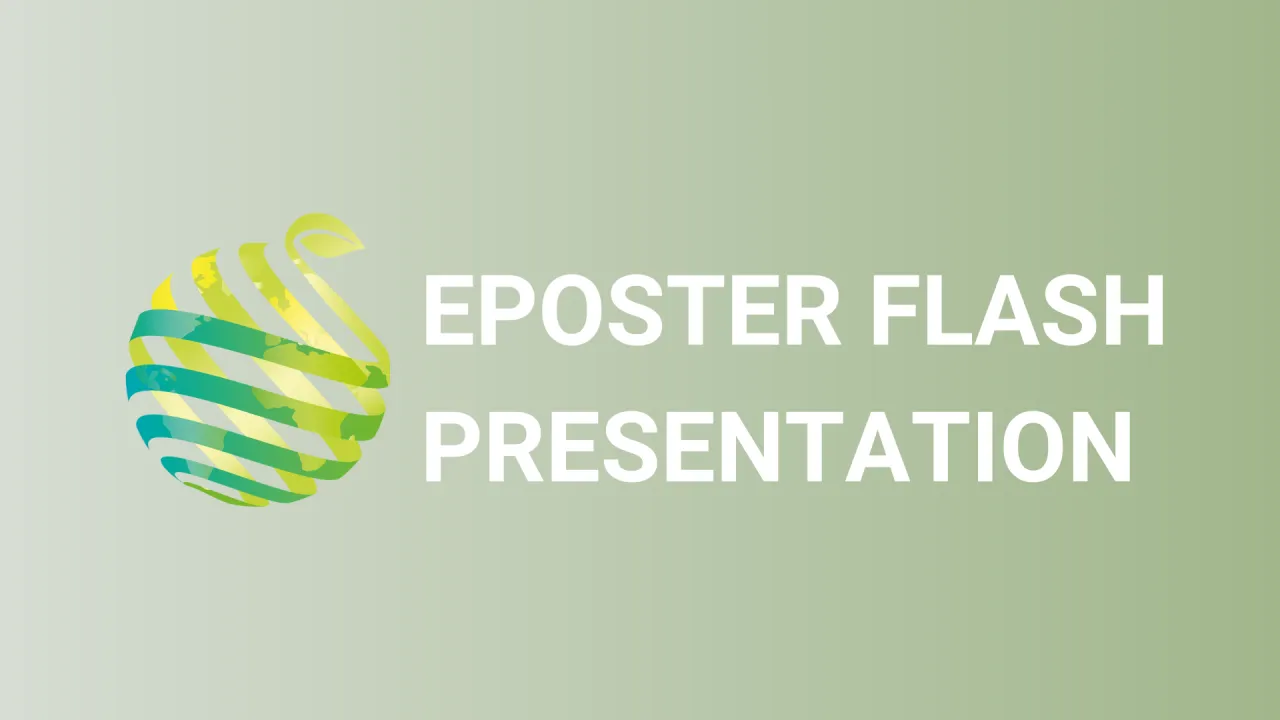

S06 - Session P11 - Sensor applications, sensor and model for climate management in controlled environments - Effects of blue Light Cascade® films on 'Ventero' tomato under controlled environmental conditions
Information
Authors: Vincent Guérin *, Eulalie Jamet, Séverine Lemarié, Alexandre Matthieu, Gildas Guignard, Vicky Labbe, Lisa Gatard, Laurent Crespel, Sabine Demotes-Mainard, José Legourrierec, Jessica Bertheloot, Rémi Gardet, Claude Le bigot, Kristof Proost, Frédéric Peilleron, Soulaiman Sakr
LIGHT CASCADE® technology (LC) appears to be one of the solutions to increase food production for the growing global population by optimising the use of the solar spectrum by plants through redirection of the wavelengths towards the most beneficial ones such as blue. Previous studies about the effects of blue light on tomatoes have shown a reduction in stem elongation and an increase in plants' defence capacity. This study is a proof of concept of the « Blue » LC films effects, which enrich the solar spectrum with blue radiation, on tomatoes in comparison to Reference one, as a part of the ECLA project (Light Cascade Efficiency for Agriculture) funded by ADEME. Six trials were conducted with two tunnels, each corresponding to a film modality (Blue and Reference) in phytotron. Under each tunnel were placed 30 'Ventero' tomato plants from their emergence to the 7-8 leaf stage. The growing conditions were precisely controlled at 70% humidity and 22°C/18°C for day/night. Tunnels were placed under plasma lights, which deliver a spectrum close to the solar spectrum, at a light intensity of 250 µmol/m²/s for a 16 hour/day photoperiod. There were two types of measured variables: non-destructive variables measured twice a week as parameters of growth and destructive variables such as phenotypic characteristics and dosages measured twice per trial. LIGHT CASCADE® films impact the growth and development of tomato plants and these results will be illustrated in the poster and detailed in the publication.